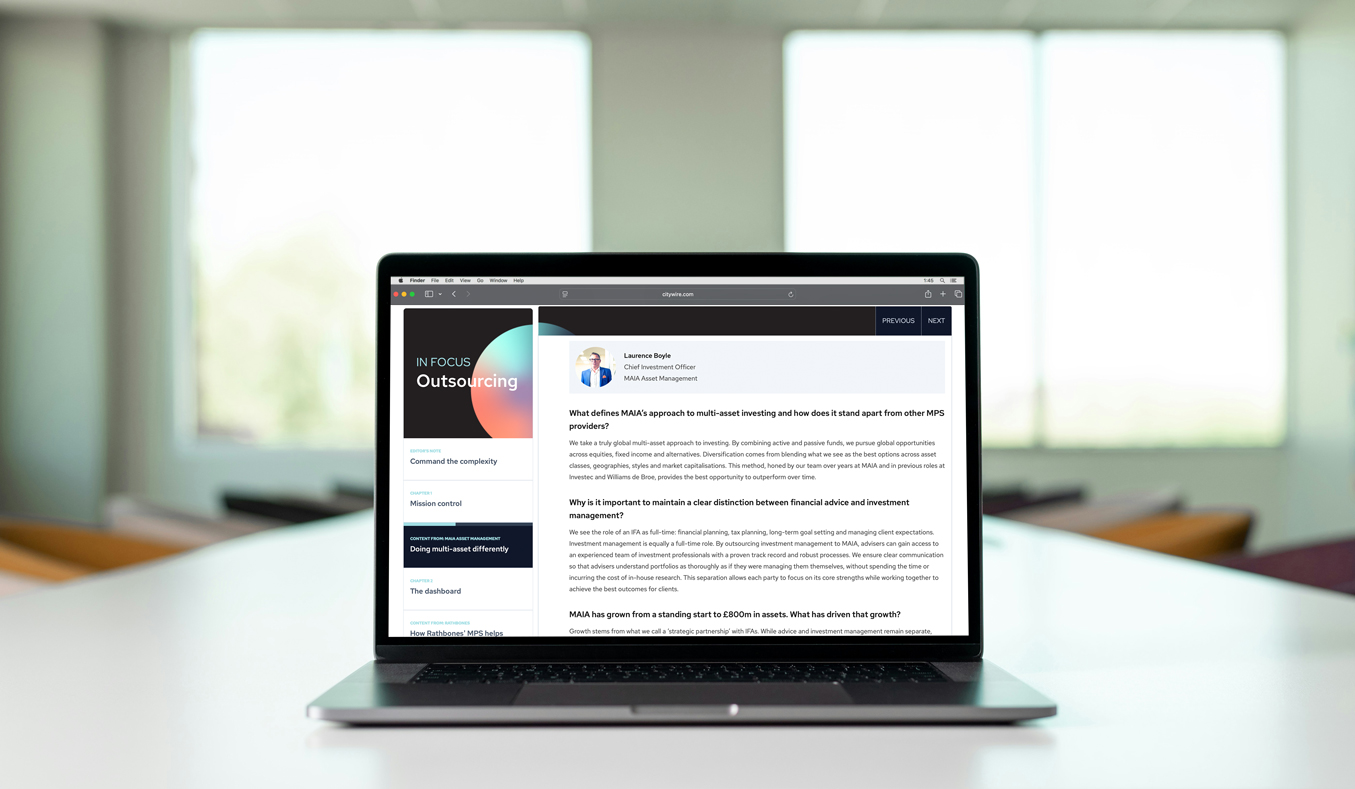The team have been undertaking a review of our fixed income holdings over the past year.

For the first time in years, fixed income is not just providing the potential for capital returns but also a healthy income stream. Since we identified an opportunity in fixed income, we have been undertaking changes to invest in asset sub classes where we believe the best options to outperform other fixed income classes are available. One of these is Corporate Hybrid Bonds.
What are Corporate Hybrid bonds
Corporate Hybrid bonds are debt instruments issued by non-financial services businesses as part of their debt offering to investors.
Corporate hybrids sit lower in the credit hierarchy than senior corporate credit, which means they are classed as subordinated bonds by rating agencies. This means they will generally have a credit rating lower than investment grade.
Most of the hybrid corporate bonds that are issued, are done so by companies with an investment grade rating. Having an investment grade rating means that the issuing company is higher quality and has a far lower chance of default.
Corporate hybrid bonds provide investors with a higher yield over both government debt and its own senior corporate bonds. This compensates investors for investing in a lower quality bond from an investment grade issuer.
Corporate Hybrid bonds have the potential to be perpetual in nature, but they do have an interim call date, at which point most will be repaid, as otherwise the tax and balance sheet advantages that companies receive when issuing these bonds will be lost.
Why do companies issue corporate hybrid bonds?
These debt instruments are issued by companies due to the tax benefits the companies receive from the interest payments that are made as well as the preferential treatment of the debt from a capital perspective. For balance sheet purposes, half of the debt is treated as equity.
Along with other debt that is issued, corporate hybrids are an integral part of debt for many large global institutions.
Corporate Hybrids have been issued for the past two decades and the underlying market continues to grow.
The issue size averages above $1 billion, and, unlike other subordinated bonds, these bonds are included within large, fixed income indices. Both factors make the bonds very liquid.
Many of the largest businesses in Europe issue corporate hybrid bonds including BP, Vodafone, Danone, Volkswagen & EDF amongst many others.
Why are we investing in Corporate Hybrids?
The team believes that adding corporate hybrids to our portfolio provides further diversification to our current fixed income holdings. The fund we are investing in has a higher yield and wider spread to its benchmark. This should provide investors with greater income over time as well as the opportunity to provide capital growth.
As these types of bonds are more specialist in nature, they are under-owned by most other bond investors.
The team running the fund has a long-term track record in this asset class and we are therefore confident in their ability to continue to provide above benchmark returns for investors.
Why Nomura for Corporate Hybrids?
The fund is a relatively new fund but is growing very quickly. Julian the fund manager has been specialising in corporate hybrid credit for several years. He set up and grew the corporate hybrid fund at his previous employer from scratch to one of the largest funds in that space and he is looking to do the same again at Nomura.
Nomura is a large global asset manager who has allowed Julian to build a very strong team around him. The investment team have long-term experience which we believe is key to drive outperformance in the fund.
As the fund is a relatively new launch, we have been able to access their cheapest share class (only available to certain investors) which has an AMC of just 10bps with a total OCF of 37 basis points. This is extremely cheap for an active fixed income fund.
In Conclusion
The investment team here at MAIA believe that adding corporate hybrid bonds to our fixed income allocation will provide diversification and alpha for our portfolios over time. We think investing in an asset class and fund that is not widely held by other portfolio managers should be a benefit to investors in our portfolios. We will continue to research the whole of the market to unearth further opportunities like this to generate positive performance.
This website is aimed at Independent Financial Advisers, please tick the box to confirm that you are an IFA before entering the website.








